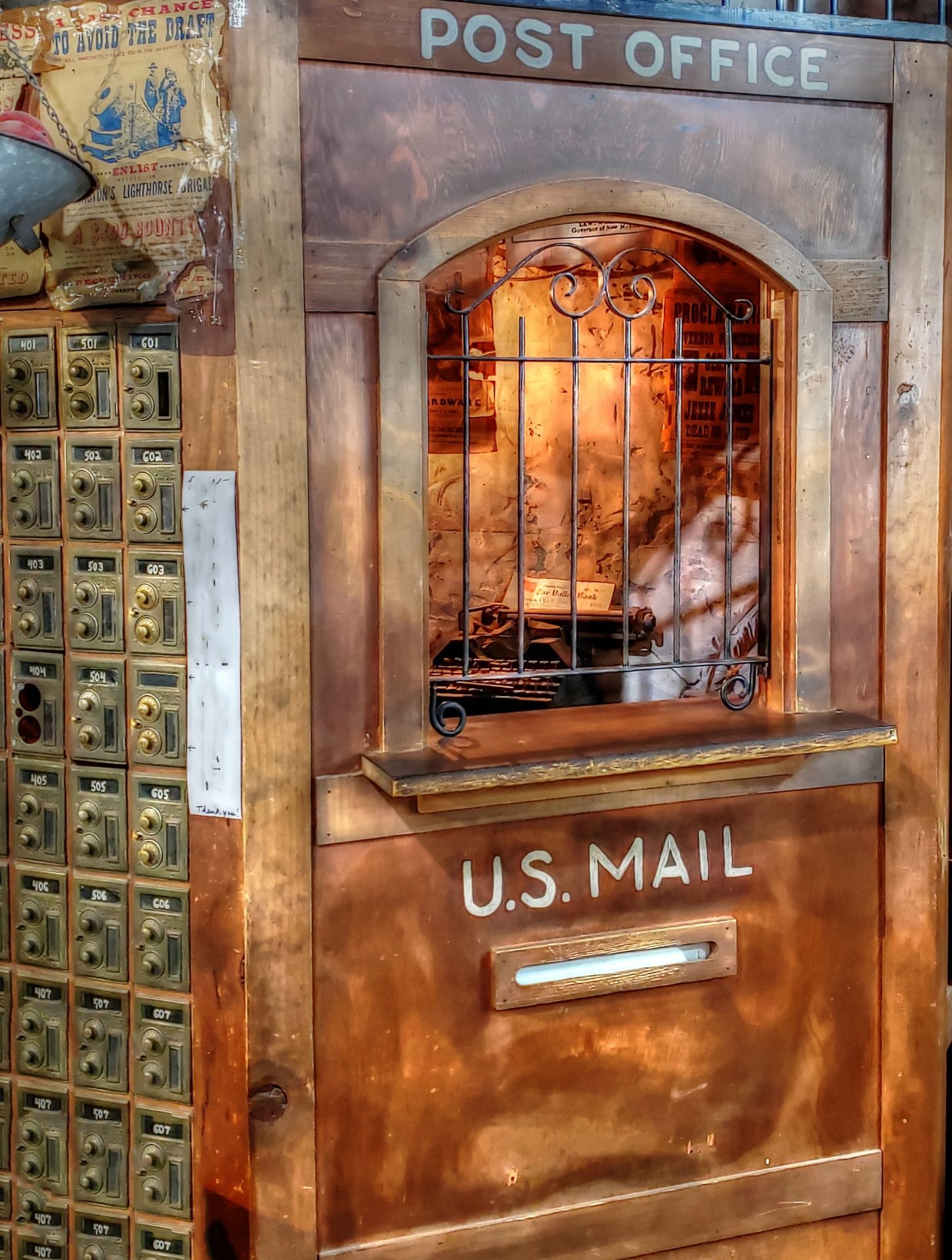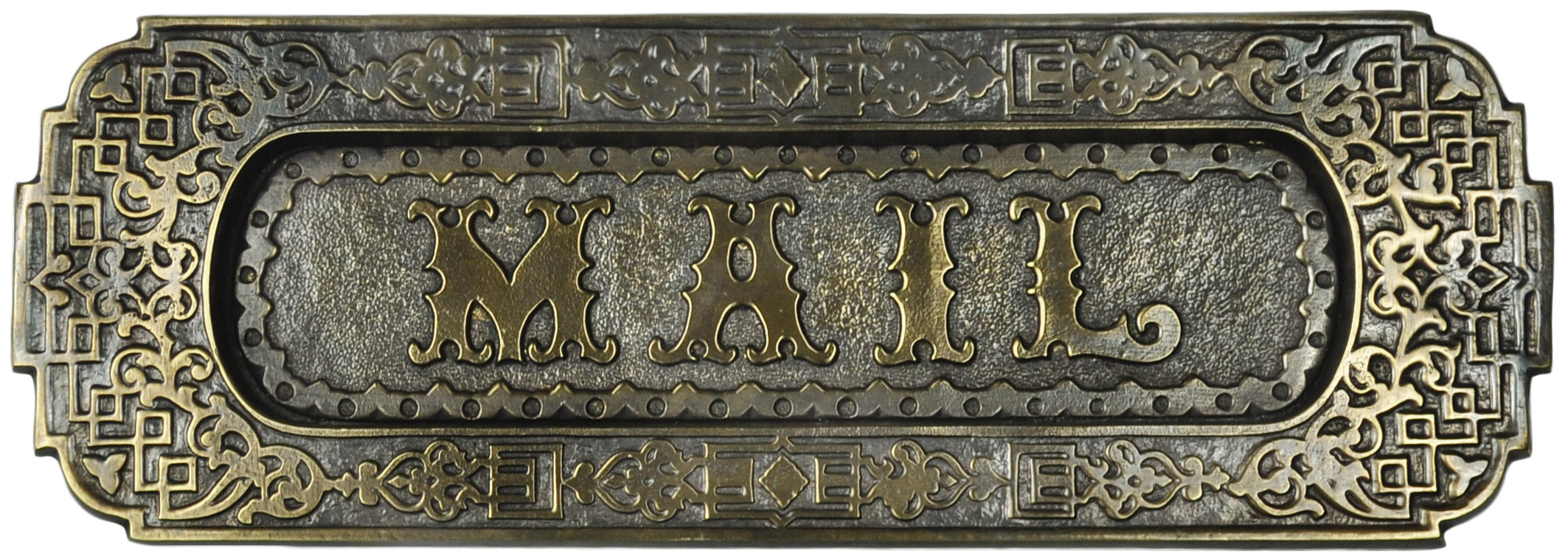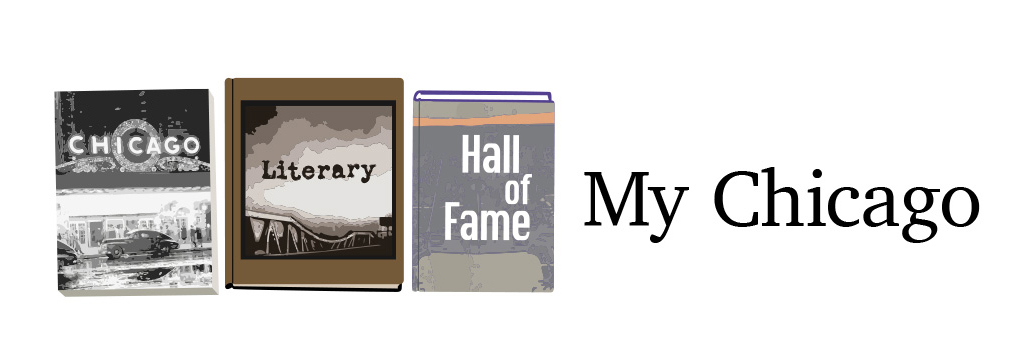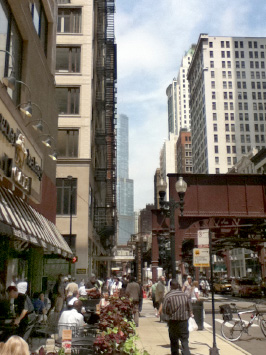Writing Letters
By Donald G. Evans
It starts, “Dear.” It doesn’t have to start “Dear,” especially if the recipient is an old fraternity buddy or the wife of a guy from the cigar shop that died. But “Dear” gets you started, urges you forward.
Then: what?
 A letter is not really much like an email. That is its beauty, and also its challenge. A letter must be written, signed, stamped, and mailed. That little effort to consciously address and reach another person, as compared to the now easier method of typing and clicking, signals something like care. It becomes more artifact and keepsake, more permanent, than even the best written email exchange.
A letter is not really much like an email. That is its beauty, and also its challenge. A letter must be written, signed, stamped, and mailed. That little effort to consciously address and reach another person, as compared to the now easier method of typing and clicking, signals something like care. It becomes more artifact and keepsake, more permanent, than even the best written email exchange.
I don’t get very many letters anymore. I don’t send many, either. After years of habitual letter writing, I long ago succumbed to modern technology. Almost all my communication is exchanged virtually—it’s simple, it’s fast, it’s largely effective. But it’s not as meaningful.
My old Hotmail account, which for the life of me I cannot retire, currently has 36,603 unread emails. Know who is contacting me? Vistaprint, CVS Extracare, VivantHomeSecurity, Hulu, The Container Store, eBay…I’ve got messages from every chain pizza place, dozens of literary journals, and every college with which I’ve ever been affiliated. There are invitations to join a virtual dance competition, “satisfy my sweet tooth,” and cruise with architects. I am accosted with offers like, “Ready to look younger?” and “Protect Your Gutters Now!” and “Take your IRA to the next level by investing in gold.” There are all kinds of class action suits people want to let me in on, against companies like Roundup Weed Killer. The offers are endless. “Do you need $100 to $40,000?” “Supplement your retirement with extra cash.” In my emails, I am promised a starter set of razor blades, limited stock wine, and Two FREE books PLUS a giant sticker book! One email head says, “Get Screened for Stroke” and another says, “Happy National Dog Day.” There is also National Chocolate Chip Cookie Day and a host of other days that haven’t quite risen to the ranks of St. Patrick’s Day or Valentine’s Day but are trying hard.
And that does not include the junk mail. Mohamed Hassan writes to say, “I have an offer relating to the trusteeship and I am interested in discussing with you. Please reply to this message for better confidentiality. I want your full name and phone number.”
Lisa Williams writes, “Hi Dear, how are you today I hope that everything is OK with you as it is my great pleasure to contact you in having communication with you starting from today, i was just going through the Internet search when i found your email address, I want to make a very new and special friend, so i decided to contact you to see how we can make it work if we can. Please i wish you will have the desire with me so that we can get to know each other better and see what happens in future.”
When you google a place, like a museum, say, the address line often does not even include a zip code, supposing, I guess, that nobody would possibly want to send a letter. Many websites now do not even have a physical address—they just live online, so no way, ever, to send those businesses or projects or clubs anything.
I am back in the letter writing business.
Being at home during the pandemic, day after day of nowhere to go, no place to be, never making plans to meet anybody, never running into random friends or acquaintances, has, for me, blasted me back to a time much earlier in my life, when long distance phone calls were prohibitively expensive, no such thing as email or I-phones had been conceived, and the arrival of the mailman was anticipated with some excitement. I feel disconnected. I feel friends and relatives slipping into some remote space that I can hardly access. I sense that things, maybe big things, are happening unbeknownst to me. Sure, there is Twitter and Instagram and Zoom and FaceTime and God knows what else. Yes, I could Tic Toc every salmon I fillet, Facebook every glass of wine I sip, scour my news feeds for all the goings on of all the people in my extended universe.
While I admit there are interesting and productive online communities, I mostly just think that communication in the virtual stratosphere is too much self-promotion, too much complaining, too much wanting the world to see you how you want to be seen and not as you are. I just cannot tell what is genuine anymore.
I like to think letters, real letters, are more thoughtful, more willing to be vulnerable, a present wrapped and handed to you rather than a cardboard Amazon package dropped on your doorstep.
My first letter is to my nephew Evan, who lives in Fayetteville, NY. He loves to read, which is only one of the many attributes that endear him to me. Knowing that I hoard and collect books, Evan gives me his Wish Lists and I go find the books—recently it was Ski Spy School and a half-dozen Diary of a Wimpy Kid books. The letter goes with the books. “Dear Evan…” It gets me going. Once I start, I find myself able to put Evan in Chicago—if only in a sense. What Dusty is doing in school. How the garden is growing. Something I saw that I wanted to show him. What his next trip here might look like, when the pandemic ends and his family is able to travel again.
Evan gives me his Wish Lists and I go find the books—recently it was Ski Spy School and a half-dozen Diary of a Wimpy Kid books. The letter goes with the books. “Dear Evan…” It gets me going. Once I start, I find myself able to put Evan in Chicago—if only in a sense. What Dusty is doing in school. How the garden is growing. Something I saw that I wanted to show him. What his next trip here might look like, when the pandemic ends and his family is able to travel again.
After Evan, it is my mom. From what I can gather on the phone, my mom’s days are online games, looking out the window, a little TV. She’s bored. I can picture the letter jolting some life into a day—just one day, and not a whole day, maybe just ten minutes. But something unexpected to make her swerve out of her monotony.
I hope to go on like this, sending letters and small gifts to people I don’t see much, maybe haven’t seen in years. It will help me, I think, reconnect. And hopefully, once the program gets moving at a brisk pace, I will start to get little letters and gifts back, to the point where I’ll anticipate, with some delight, the arrival of the mail. Where a few moments of every day hold a sense that something good might be coming.



